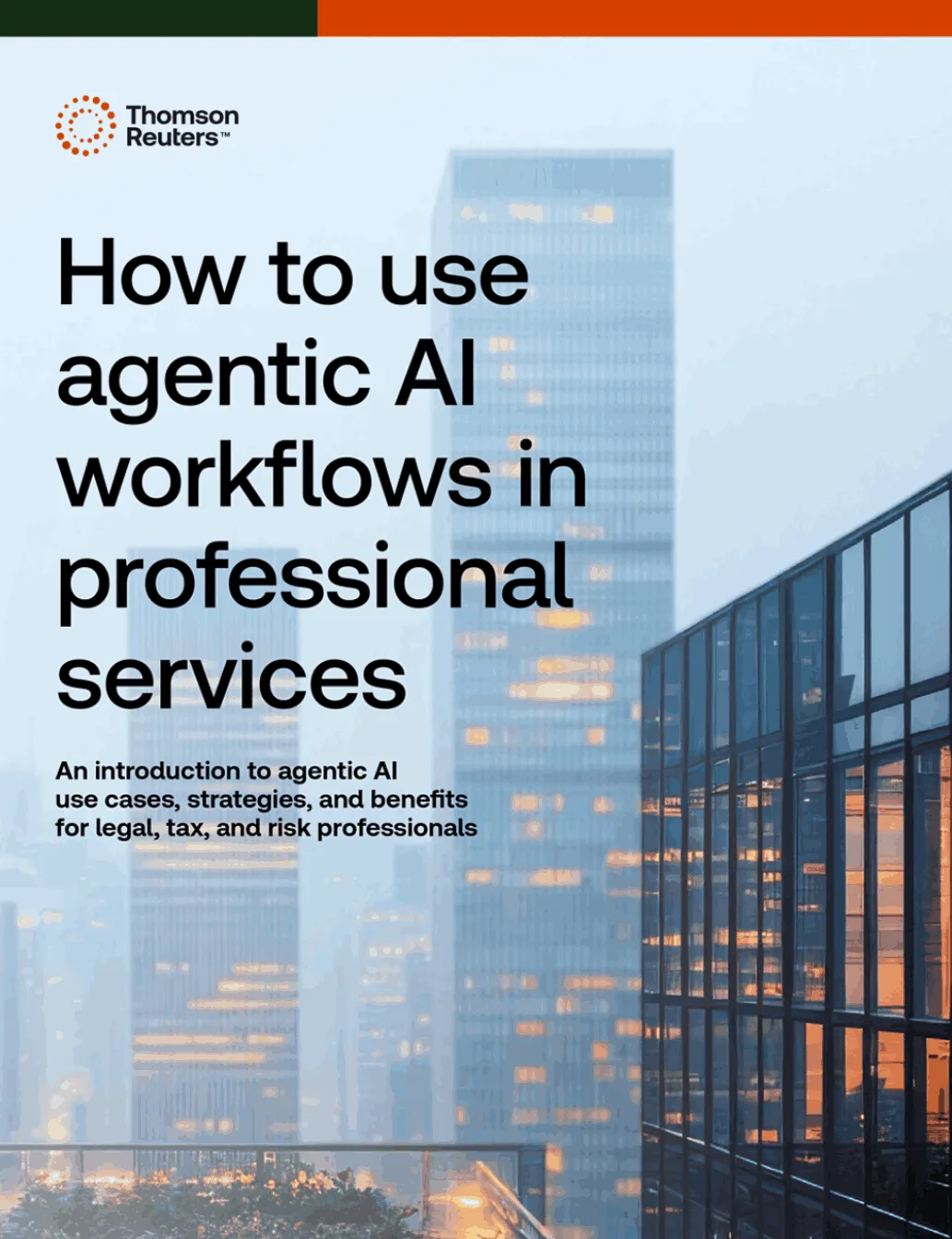Discover how agentic AI is revolutionizing corporate investigative work by identifying subtle patterns in financial data and digital behavior to detect fraud before it escalates.
Investigators are struggling to outpace fraudsters as their schemes become more sophisticated and financial transactions grow in complexity. To meet this challenge, forward-thinking teams are turning to advanced digital tools that can process vast amounts of information, uncover hidden patterns, and surface insights that might otherwise go unnoticed. These technologies act as strategic partners—streamlining workflows, enhancing decision-making, and enabling faster, more confident responses to potential threats.
Rather than replacing human expertise, these tools amplify it—bringing greater speed, precision, and clarity to the investigative process.
Jump to ↓
| A quick overview on corporate investigations and AI |
| Key benefits of agentic AI in corporate investigations |
| Agentic AI: Challenges, solutions, and future impact |
| Best practices for implementing agentic AI |
A quick overview on corporate investigations and AI
The evolution of corporate investigations
Corporate investigations have long been a crucial aspect of maintaining organizational integrity. However, the increasing complexity of financial transactions and the sophistication of fraudulent schemes have made it challenging for investigators to keep pace. Traditional methods, such as manual data analysis and reliance on human intuition, are no longer effective in detecting and preventing fraud. The stakes are high, and the consequences of failure can be severe.
The rise of agentic AI
With more than 80% of enterprises expected to use generative AI APIs or deploy generative AI-enabled applications by 2026, the stage is set for agentic AI to further transform professional workflows. Currently, 48% of tech executives are adopting agentic AI, and 50% anticipate that more than half of their AI deployments will be autonomous within the next two years. While similar, both generative AI and agentic AI are different. Generative AI produces content based on prompts while agentic AI goes a step further—it can make decisions, take actions, and adapt to changing environments with minimal human input.
Agentic AI is a game-changer for corporate investigations. Leveraging advanced machine learning algorithms, it analyzes vast amounts of data to identify patterns and anomalies that may signal fraudulent activity. Unlike traditional AI systems, agentic AI is designed to mimic human-like intelligence, allowing it to adapt to new situations and learn from experience. By automating complex workflows and providing intelligent support, agentic AI enables investigators to focus on high-value tasks and make better-informed decisions.
Key benefits of agentic AI in corporate investigations
- Enhanced Fraud Detection: Agentic AI can analyze vast amounts of data, identifying subtle patterns and anomalies that may indicate fraudulent activity.
- Improved Investigative Efficiency: By automating routine tasks and providing investigators with actionable insights, agentic AI can significantly improve investigative efficiency.
- Proactive Risk Management: Agentic AI enables investigators to detect fraud before it escalates, reducing the risk of financial loss and reputational damage.
The benefits of agentic AI in corporate investigations are closely tied to its ability to automate complex workflows and access trusted content. For instance, agentic AI can be used to unify disparate information sources and integrate with internal and external systems, enabling professionals to surface insights faster and make better-informed decisions.
How agentic AI works
Agentic AI uses advanced machine learning algorithms to analyze vast amounts of data, including financial transactions, digital behavior, and other relevant information. This data is then used to identify patterns and anomalies that may indicate fraudulent activity.
The technology can also be integrated with existing investigative tools and systems, enabling seamless data sharing and analysis. To successfully implement agentic AI, organizations should start with small, high-impact use cases, align adoption with company strategy, and measure impact beyond surface-level efficiency, using metrics such as time saved, increased capacity, and financial outcomes.
Agentic AI: Challenges, solutions, and future impact
Agentic AI has the potential to transform corporate investigations, but professionals remain cautious due to uncertainty, complexity, and fear of falling behind. The main barriers to adoption include confusion over implementation, misinformation, anxiety about integrating AI into existing workflows, unclear benefits, and ongoing debates about cost versus value. To address these challenges, organizations can rely on solutions such as built-in security and privacy features, human oversight in decision-making, and strategies for reallocating staff time.
Despite these hurdles, agentic AI is already making an impact in legal, tax, and risk services by boosting productivity and efficiency. It helps investigators detect and prevent fraud, reducing financial loss and reputational damage. As the technology evolves, agentic AI will enable even more sophisticated approaches to corporate investigations. To maximize its benefits, organizations should focus on data quality, seamless integration with current systems, and ongoing training and support for staff. By doing so, they can stay ahead of the curve and better protect themselves from deception.
Best practices for implementing agentic AI
To successfully implement agentic AI, organizations should follow best practices, including:
- Data Quality: Ensuring that the data used to train agentic AI systems is accurate and relevant.
- System Integration: Integrating agentic AI with existing investigative tools and systems.
- Ongoing Training: Providing ongoing training and support to ensure that agentic AI systems remain effective and up-to-date.
By following these best practices and leveraging agentic AI, organizations can unlock the full potential of this technology and stay ahead of the curve in the world of corporate investigations.
Staying ahead with agentic AI
As the corporate investigation landscape continues to evolve, it’s clear that agentic AI is the future. By leveraging this advanced technology, investigators can detect and prevent fraud more effectively, reducing the risk of financial loss and reputational damage. Download our whitepaper, “The Corporate Risk & Fraud Professionals Guide to Agentic AI,” to learn more about how agentic AI is redefining corporate investigative work and discover how you can stay ahead of the curve.
Learn about how top firms are using agentic AI to outsmart deception and protect their organizations.
Disclaimer
Thomson Reuters is not a consumer reporting agency, and none of its services or the data contained therein constitute a ‘consumer report’ as such term is defined in the Federal Fair Credit Reporting Act (FCRA), 15 U.S.C. sec. 1681 et seq. The data provided to you may not be used as a factor in consumer debt collection decisioning, establishing a consumer’s eligibility for credit, insurance, employment, government benefits, or housing, or for any other purpose authorized under the FCRA. By accessing one of our services, you agree not to use the service or data for any purpose authorized under the FCRA or in relation to taking an adverse action relating to a consumer application.












